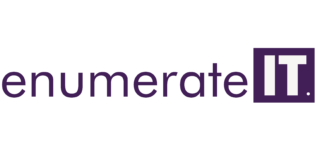Magnetic Tapes and What lies in future
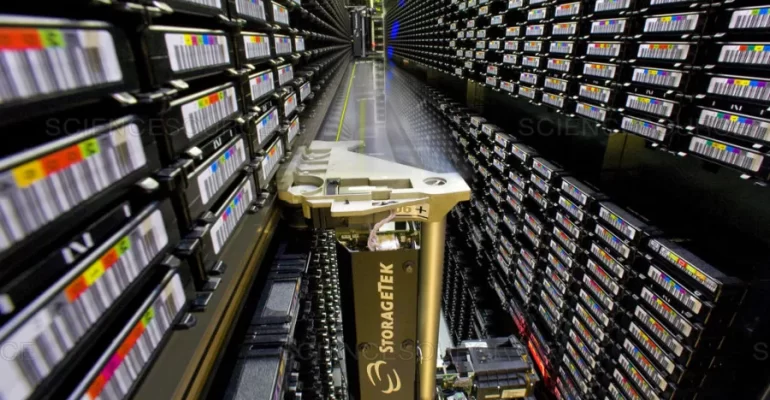
Magnetic Tapes and What lies in future
Magnetic Tapes and What lies in future.
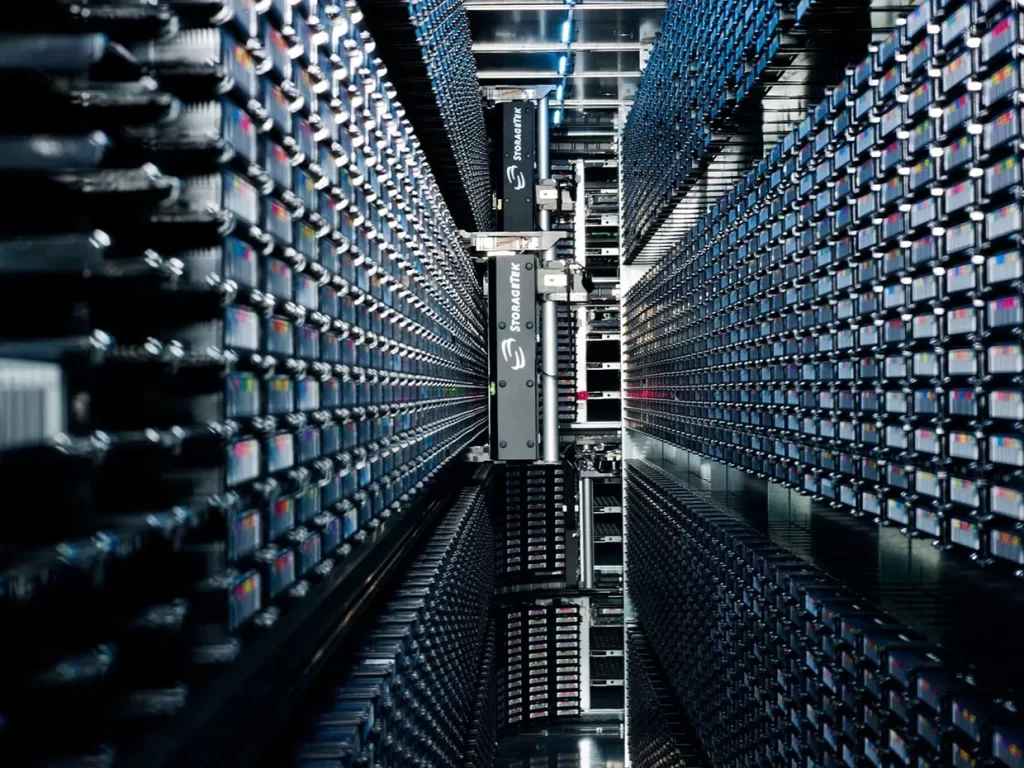
Magnetic tape has been used as a reliable and cost-effective backup solution for decades. It offers a high-capacity and long-term storage option for businesses and organizations looking to protect their critical data. However, not all magnetic tapes are created equal. In this blog, we will discuss the different types of magnetic tapes, their benefits and disadvantages, and their use cases.
Types of Magnetic Tapes:
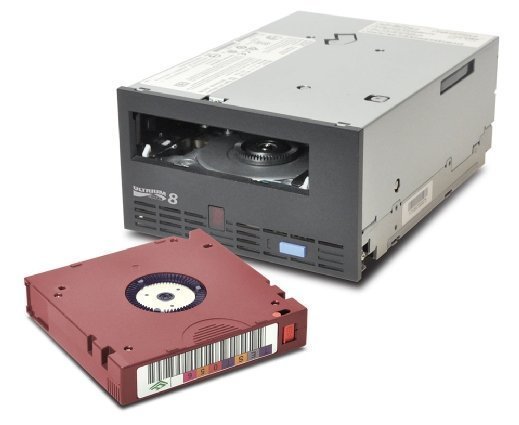
LTO (Linear Tape-Open): LTO is a popular magnetic tape format that is widely used in the industry. It has been designed to provide high-capacity storage and fast data transfer rates. LTO tapes come in different versions, with the latest being LTO-8, which has a storage capacity of up to 30 TB.
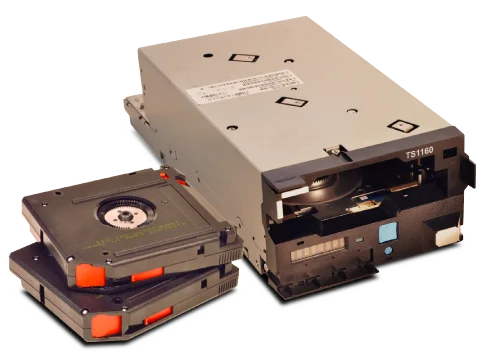
IBM TS1150: The IBM TS1150 is a high-density magnetic tape format that provides a storage capacity of up to 10 TB. It is designed to provide fast data transfer rates, making it ideal for industries that require quick access to large volumes of data.
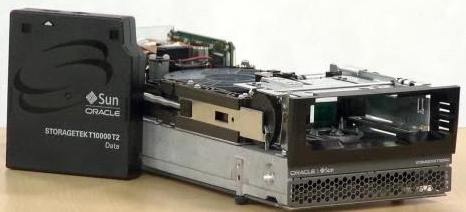
Oracle T10000: The Oracle T10000 is another high-capacity magnetic tape format that offers a storage capacity of up to 8.5 TB. It is designed to provide high-performance and secure data backup and archiving.
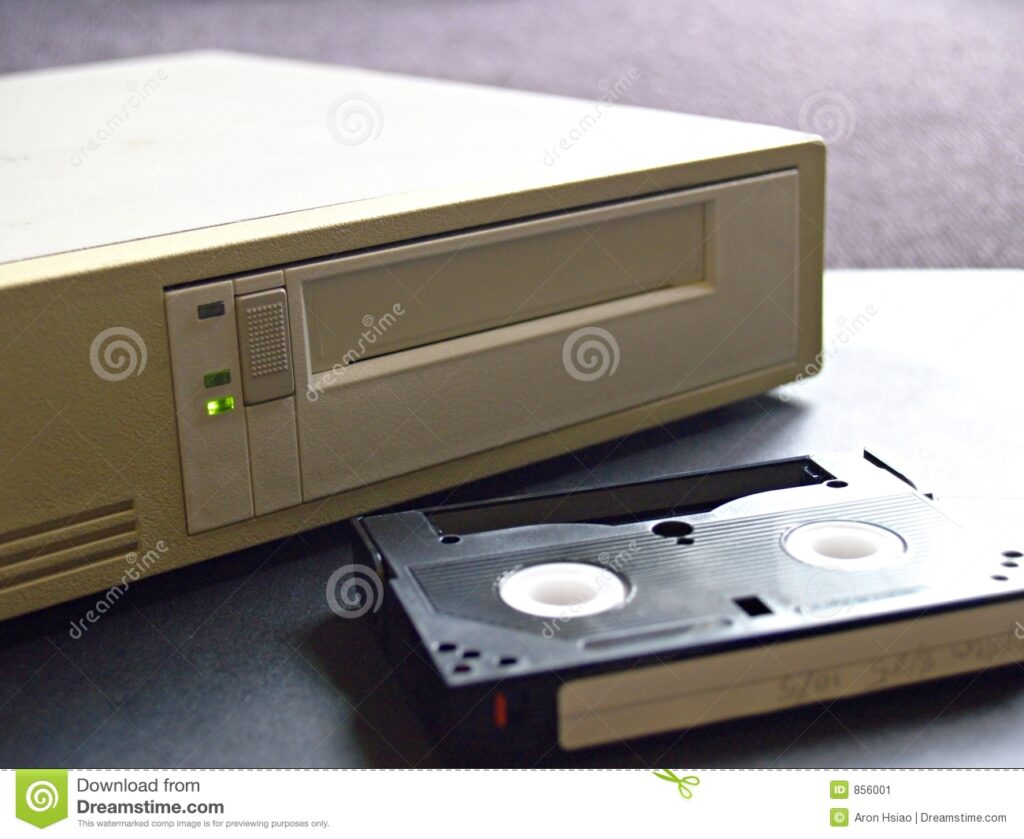
DDS (Digital Data Storage): DDS is a magnetic tape format that is commonly used in small businesses and personal use. It offers a low-cost and easy-to-use backup solution for storing and archiving critical data.
Benefits and Disadvantages of Magnetic Tapes:
- Benefits:
- High-capacity storage: Magnetic tapes offer a high-capacity storage option that can hold large volumes of data.
- Long-term storage: Magnetic tapes have a long shelf life and can store data for up to 30 years, making them ideal for long-term data archiving.
- Cost-effective: Magnetic tapes are a cost-effective backup solution compared to other storage options.
- Reliable: Magnetic tapes have a low failure rate and can withstand harsh environmental conditions.
- Disadvantages:
- Slow data access: Magnetic tapes have slower data access times compared to hard drives and solid-state drives.
- Fragile: Magnetic tapes are fragile and can be easily damaged if mishandled or exposed to harsh environmental conditions.
- Compatibility issues: Older magnetic tape formats may not be compatible with newer hardware or software systems, making it challenging to access and retrieve data.
Use Cases for Different Magnetic Tape Formats:
- LTO: LTO tapes are ideal for industries that require high-capacity, reliable, and secure data backup and archiving. This can include healthcare, media and entertainment, and financial services.
- IBM TS1150: The IBM TS1150 is suitable for industries that require high-density storage and fast data transfer rates, such as research and development, oil and gas, and aerospace and defense.
- Oracle T10000: The Oracle T10000 is suitable for industries that require high-capacity, high-performance, and secure data backup and archiving, such as government, education, and manufacturing.
- DDS: DDS tapes are suitable for small businesses and personal use that require an affordable and easy-to-use backup solution.
Can we Implement Magnetic Tape Backups for All?
While magnetic tapes offer several benefits, it may not be the best backup solution for all businesses and organizations. Larger organizations with more significant data backup needs may require a combination of different backup solutions, including cloud storage and disk-based backup. Additionally, small businesses may find DDS tapes more affordable and easier to use than other magnetic tape formats. IT professionals should evaluate their organization’s specific data backup needs before implementing a magnetic tape backup solution.
critical data. However, it is essential to understand the benefits and limitations of different magnetic tape formats before implementing a backup solution. Depending on the industry and organization’s specific needs, one magnetic tape format may be more suitable than others. It is also important to consider other backup solutions, such as cloud storage and disk-based backup, in addition to magnetic tapes.
Despite the rise of cloud storage and disk-based backup solutions, magnetic tapes continue to play a significant role in data backup and archiving. They offer a long-term storage option that can withstand harsh environmental conditions and have a low failure rate. Magnetic tapes are also a cost-effective backup solution, making them ideal for small businesses and organizations with limited budgets.
The future of magnetic tapes looks promising, as they continue to offer a cost-effective and reliable backup and archival solution for businesses and organizations. While newer technologies such as cloud storage and solid-state drives have emerged, magnetic tapes still provide a unique set of benefits that make them an attractive option for long-term data storage.
One factor contributing to the future of magnetic tapes is their continued improvement in storage capacity and data transfer rates. For example, the latest version of LTO tapes, LTO-9, offers a storage capacity of up to 45 TB and a data transfer rate of up to 1,000 MB/s. As businesses and organizations generate and store more data, the need for higher capacity storage options will continue to drive demand for magnetic tapes.
While magnetic tapes offer a cost-effective and reliable backup and archival solution, they may not be the best option for primary data storage or high-performance computing. For these purposes, solid-state drives (SSDs) and hard disk drives (HDDs) are generally preferred.
SSDs offer several advantages over traditional HDDs, including faster read and write speeds, lower power consumption, and greater durability. As a result, they are increasingly being used in applications that require high-speed data access, such as gaming, video editing, and database management. However, SSDs are typically more expensive than HDDs and have a lower storage capacity, making them less cost-effective for bulk storage.
HDDs, on the other hand, offer higher storage capacities at a lower cost per GB than SSDs. They are still widely used for data storage in personal computers, servers, and data centers. While HDDs have slower read and write speeds than SSDs, they remain a cost-effective option for storing large amounts of data that do not require high-speed access.
In conclusion, while magnetic tapes remain a reliable and cost-effective backup and archival solution, they may not be the best option for primary data storage or high-performance computing. For these purposes, SSDs and HDDs are generally preferred, depending on the specific needs of the organization.
Magnetic Tapes and What lies in future
